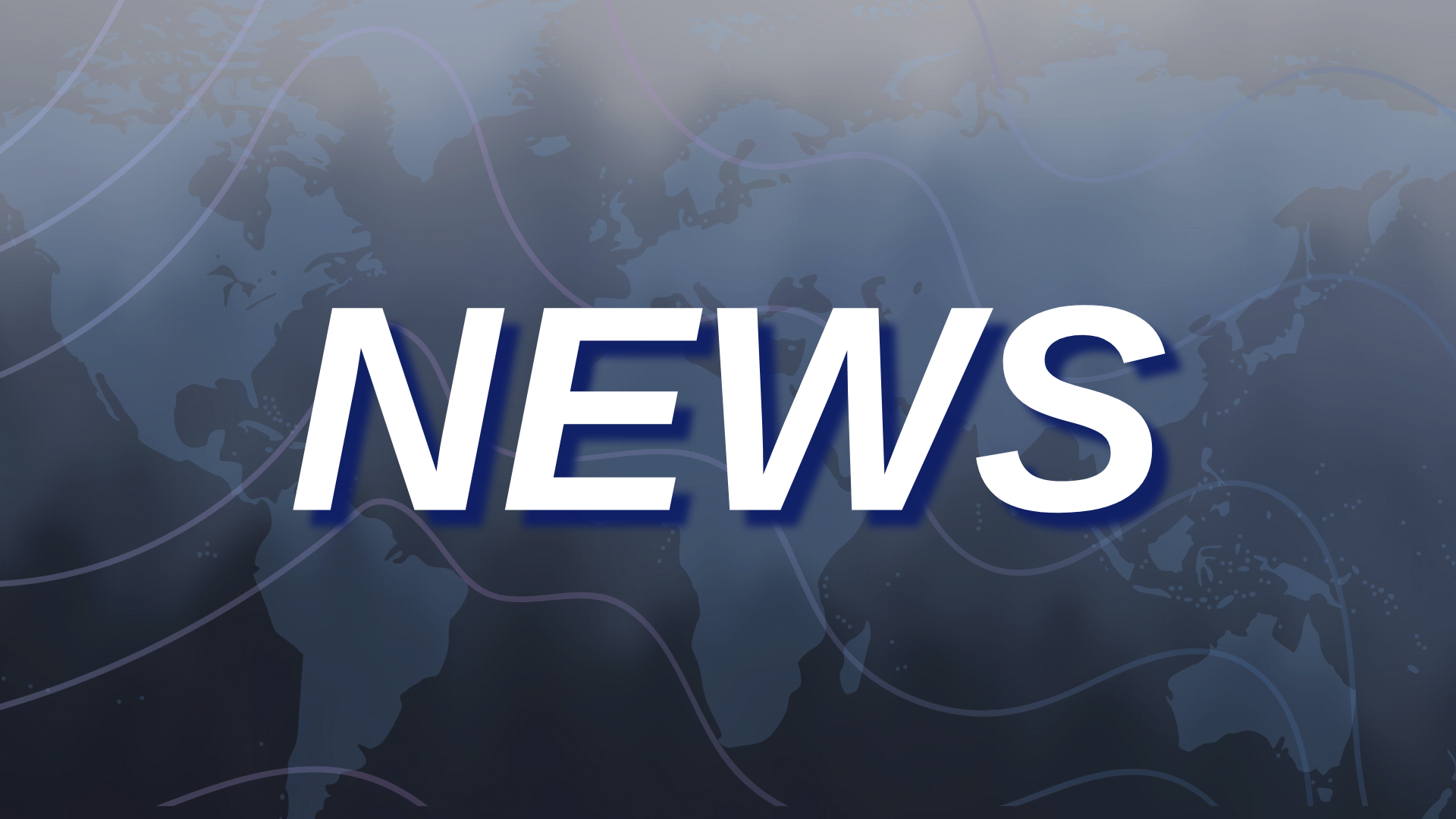
403
Sorry!!
Error! We're sorry, but the page you were looking for doesn't exist.
UNSC is set to vote on Morocco’s autonomy draft resolution
(MENAFN) The UN Security Council (UNSC) is preparing to hold a vote on a draft resolution that endorses Morocco’s autonomy plan for Western Sahara as the most viable political framework for resolving a decades-long territorial dispute that has shaped North African dynamics.
During the same session on Friday, the council will also consider extending the mandate of the UN Mission for the Referendum in Western Sahara (MINURSO). Established in 1991, MINURSO was created to supervise the ceasefire between Morocco and the Polisario Front, a Sahrawi independence movement that fought a 16-year conflict over the region. The mission is also tasked with organizing a referendum to determine whether Western Sahara should gain independence or be integrated into Morocco.
The dispute dates back to 1975, when Spain withdrew from the territory and Morocco annexed it. The Polisario Front continues to seek full sovereignty for the Sahrawi population — a demand Morocco firmly opposes.
In 2007, Morocco presented a plan to the Security Council proposing a form of limited autonomy under which local authorities would manage internal administrative, legislative, and judicial affairs, while Rabat would retain control over foreign relations, defense, and security. The proposal would also preserve Morocco’s flag and currency in the region, which is known for its phosphate resources.
According to reports, the UK, the US, and France — three permanent UNSC members — have expressed support for Morocco’s autonomy plan, describing it as the most realistic way forward. Other European countries, including Belgium, Spain, Germany, and Portugal, have also aligned themselves with Rabat’s approach, while Israel formally recognized Morocco’s sovereignty over the territory in 2023.
The draft resolution, reportedly written by the United States, is expected to be reviewed during Friday’s session. The text is said to moderate the language of Morocco’s proposal but continues to endorse it as a foundation for negotiations between the involved parties.
During the same session on Friday, the council will also consider extending the mandate of the UN Mission for the Referendum in Western Sahara (MINURSO). Established in 1991, MINURSO was created to supervise the ceasefire between Morocco and the Polisario Front, a Sahrawi independence movement that fought a 16-year conflict over the region. The mission is also tasked with organizing a referendum to determine whether Western Sahara should gain independence or be integrated into Morocco.
The dispute dates back to 1975, when Spain withdrew from the territory and Morocco annexed it. The Polisario Front continues to seek full sovereignty for the Sahrawi population — a demand Morocco firmly opposes.
In 2007, Morocco presented a plan to the Security Council proposing a form of limited autonomy under which local authorities would manage internal administrative, legislative, and judicial affairs, while Rabat would retain control over foreign relations, defense, and security. The proposal would also preserve Morocco’s flag and currency in the region, which is known for its phosphate resources.
According to reports, the UK, the US, and France — three permanent UNSC members — have expressed support for Morocco’s autonomy plan, describing it as the most realistic way forward. Other European countries, including Belgium, Spain, Germany, and Portugal, have also aligned themselves with Rabat’s approach, while Israel formally recognized Morocco’s sovereignty over the territory in 2023.
The draft resolution, reportedly written by the United States, is expected to be reviewed during Friday’s session. The text is said to moderate the language of Morocco’s proposal but continues to endorse it as a foundation for negotiations between the involved parties.

Legal Disclaimer:
MENAFN provides the
information “as is” without warranty of any kind. We do not accept
any responsibility or liability for the accuracy, content, images,
videos, licenses, completeness, legality, or reliability of the information
contained in this article. If you have any complaints or copyright
issues related to this article, kindly contact the provider above.


















Comments
No comment